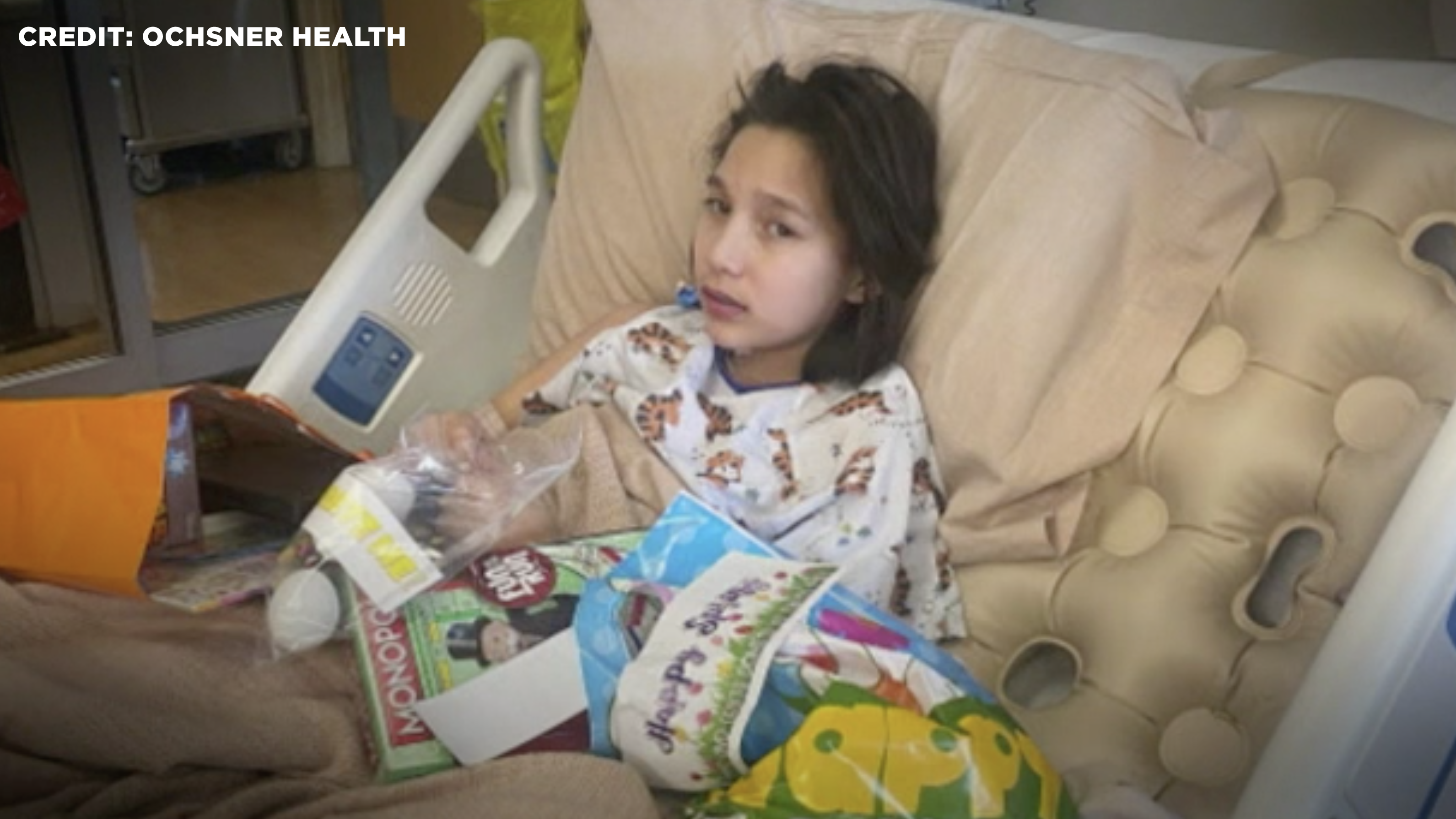What parents should know about rare condition that affects some kids with COVID-19

Dozens of U.S. children have been hospitalized with a serious inflammatory condition possibly linked with the coronavirus.
The condition, first detected in Europe, is similar to Kawasaki disease, a rare illness involving inflamed arteries. New York authorities announced more than 60 potential cases and three associated deaths.
Some doctors say the New York cases increase the likelihood that the syndrome is a rare complication of COVID-19 although that remains to be proven.
So should parents be concerned?
Dr. Jen Ashton, ABC News' chief medical correspondent, said parents should remember that an increased risk of a rare event is still a rare event. Doctors still believe that most children with COVID-19 develop only mild illness.
Yet parents should know the signs and symptoms associated with this condition, which include:
- Fever
- Rash
- Eye irritation
- Swollen lymph nodes
- Swelling of the hands and feet
VIDEO: 12-year-old girl who suffered heart failure after COVID-19 diagnosis speaks out

On Sunday, New York Health Commissioner and pediatric cardiologist Dr. Howard Zucker noted additional warning signs and said "the most important thing parents should do is err on the side of caution" when it comes to the illness being called "pediatric multisystem inflammatory syndrome."
"I would tell parents that if your child has any nausea, vomiting, diarrhea, pallor - the color of their face changing, the color of their lips and fingers - if they have any chest pains... they should call their doctor and they need to be evaluated," Zucker said.
Since the condition is so mysterious, children who end up in the ICU only receive supportive treatment.
"Again, doctors are treating the symptoms because we don't know the cause yet," Ashton said.
Ashton emphasized that reports in peer-reviewed medical literature indicate that only a small percentage of those with confirmed coronavirus cases are children, less than 3%.
"For some reason that we don't totally understand, this age group -- children under the age of 18, 20 years old -- [are] really spared from major symptoms of COVID-19," she said. "We don't think that means they're not getting infected, but for some reason, the vast majority are just not presenting with clinical illness."
Note: This coronavirus is new, and therefore all research is preliminary. Guidelines and recommendations are subject to change as experts learn more about the virus.








